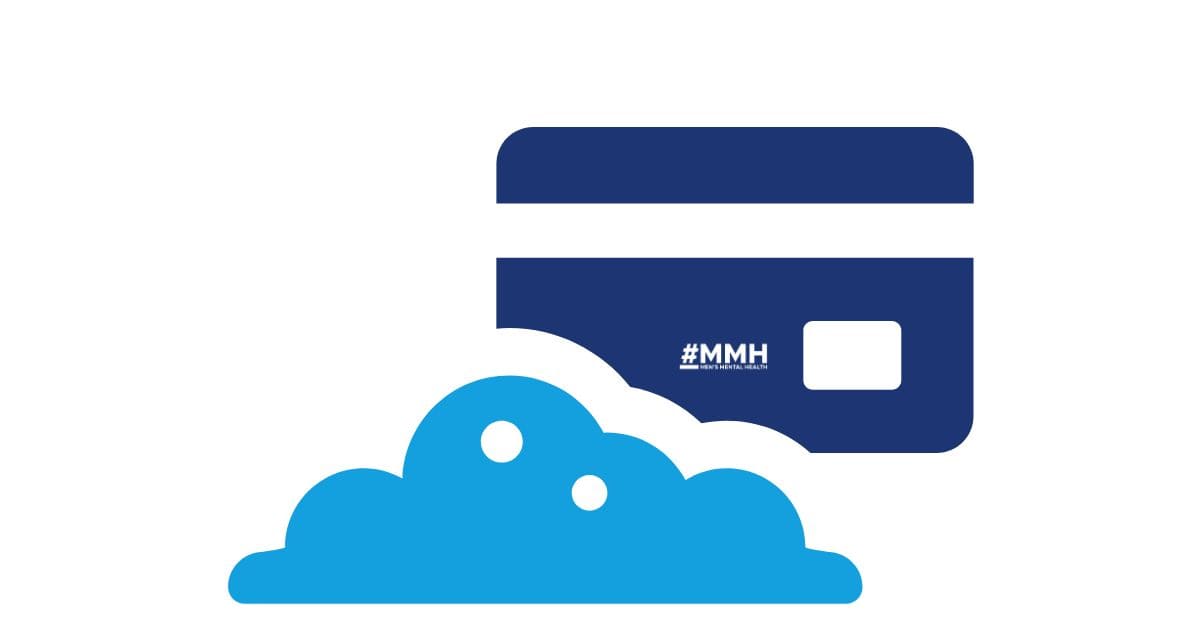MMH Men’s Mental Health does not provide direct mental health support. We do not offer crisis intervention, therapy, counselling, or medical advice. Instead, we provide information and signposting to external services that may be able to help.

Cocaine Abuse
Overwhelmed and struggling? There is support when you need it.
Need to talk?
Samaritans are here to listen, 24/7, 365 days a year. You can call them for free on 116 123 or visit www.samaritans.org
Prefer to Text?
Shout is a free, confidential, 24/7 text messaging support service for anyone who is struggling to cope.
If you feel in danger please call 999 or go directly to emergency services.
It’s Never “Just a Cheeky Line” – Understanding Cocaine Abuse in Men
Cocaine abuse is a growing issue among men across different backgrounds. Known for its powerful stimulant effects, cocaine can create a temporary feeling of euphoria, confidence, and energy. However, repeated use can quickly spiral into dependency, leading to serious mental, physical, and social consequences.
📌 What starts as occasional recreational use can escalate into addiction, making it difficult to stop despite the harmful effects.
If cocaine use is affecting your health, relationships, or daily life, recognizing the signs and seeking support is the first step toward recovery.
What is Cocaine Abuse?
Cocaine abuse refers to misusing or excessively consuming cocaine, a highly addictive stimulant drug.
✅ How cocaine affects the brain:
✔ Alters the brain’s reward system, leading to cravings and compulsive use.
✔ Creates short-lived highs, causing users to binge or take larger doses.
✔ Increases dopamine levels, reinforcing the urge to continue using.
📌 Over time, cocaine abuse can lead to addiction, where stopping becomes increasingly difficult.
What Causes Cocaine Abuse?
Cocaine abuse is influenced by social, psychological, and genetic factors. Common causes include:
🔹 Peer Pressure & Social Influence – Cocaine is often used in social settings, making it harder to resist in environments where drug use is normalized.
🔹 Stress & Mental Health Issues – Some men use cocaine to escape stress, anxiety, or depression, but reliance on the drug only worsens mental health over time.
🔹 Work & Performance Pressure – Cocaine’s stimulant properties appeal to men seeking focus, energy, and confidence in high-stress careers.
🔹 Genetic Predisposition – A family history of addiction can increase the likelihood of developing substance abuse issues.
📌 Understanding what drives cocaine use can help in finding healthier coping mechanisms.
How to Recognize Cocaine Abuse
Cocaine abuse can impact mood, behavior, and physical health. Recognizing the signs early can prevent further harm.
🟠 Physical Symptoms
Dilated pupils & increased heart rate – Cocaine stimulates the nervous system, causing noticeable changes.
Frequent nosebleeds – Common in those who snort cocaine.
Loss of appetite & weight loss – Cocaine suppresses hunger, leading to malnutrition over time.
🟠 Psychological Symptoms
Intense cravings for cocaine – A strong urge to use despite negative consequences.
Paranoia & anxiety – Irrational fears, restlessness, and mood swings.
Irritability & risk-taking behavior – Impulsive decisions, including reckless spending or legal issues.
🟠 Behavioral Changes
Social withdrawal – Avoiding family, friends, and responsibilities.
Financial strain – Spending excessive amounts of money on cocaine, leading to debt or financial instability.
Lying or secrecy – Hiding drug use or making excuses for behavior.
📌 If cocaine use is leading to noticeable changes in behavior, health, or responsibilities, seeking help can prevent long-term damage.
The Effects of Cocaine Abuse
Cocaine abuse has serious mental, physical, and social consequences:
🟡 Mental Health Issues – Cocaine use can lead to paranoia, anxiety, depression, and psychosis. It can also worsen pre-existing mental health conditions.
🟡 Heart & Cardiovascular Problems – Cocaine raises blood pressure and increases heart attack risk, even in young, otherwise healthy men.
🟡 Respiratory Issues – Snorting cocaine damages nasal tissues, leading to chronic nosebleeds and breathing difficulties.
🟡 Addiction & Dependency – Cocaine’s highly addictive nature makes quitting extremely difficult without professional support.
🟡 Social & Financial Consequences – Cocaine addiction can lead to job loss, strained relationships, legal troubles, and significant financial problems.
📌 Recognizing the risks can be the first step toward taking control and seeking help.
🚨 Cocaine abuse is a serious issue, but recovery is possible. Seeking support can help break the cycle and regain control over your life.
Explore More
Substance Abuse & Addiction
- Addaction provides support and resources for overcoming substance abuse and addiction.
- Turning Point offers treatment and support for those struggling with substance abuse and addiction.
- UKAT provides addiction treatment and rehabilitation services across the UK.
- FRANK provides information and resources on substance abuse and addiction. Text, Talk & Email Support.
While we aim to provide accurate and updated information, MMH Men’s Mental Health is not responsible for the quality, accuracy, or availability of external services linked on this page. If you notice a broken link or have a resource to suggest, let us know.
Self-Help Strategies for Difficult Times
Sometimes, simple actions can make a big difference. Give these tips a try.
If your struggles persist or affect your daily life, consulting a professional is recommended.
Acknowledge the Problem
Admitting that you have a problem is the first and most critical step toward recovery. Denial only prolongs the addiction and its consequences.
Seek Professional Help
Recovery from cocaine addiction often requires medical and psychological support. Detox programs, addiction counseling, and Cognitive Behavioral Therapy (CBT) are effective methods for treating cocaine dependence.
Join Support Groups
Groups like Cocaine Anonymous (CA) or Narcotics Anonymous (NA) provide a supportive community of individuals going through similar struggles. Sharing experiences and receiving encouragement can make the recovery process more manageable.
Focus on healthy habits
Identify the triggers that lead you to use cocaine—whether it’s stress, boredom, or social situations—and replace them with healthier coping strategies such as exercise, hobbies, or mindfulness practices.
Relapse Prevention Plan
Recovery from cocaine addiction is a long-term process, and relapse can happen. Having a plan in place to deal with cravings or stressful situations, such as calling a sponsor or attending extra support meetings, is essential to maintaining sobriety.
You Are Enough.
Finding support is the first step toward feeling better.
Take the next step:
Need to talk?
Samaritans are here to listen, 24/7. You can call them for free on 116 123 or visit www.samaritans.org
Prefer texting?
Shout offers free, 24/7 confidential support. Text ‘SHOUT’ to 85258 to start a conversation or visit
www.giveusashout.org
Explore More
Looking for guidance? Browse external resources on mental health, self-care, and well-being.
Support Groups
Find connection. Join an external support group and connect with others who understand.
